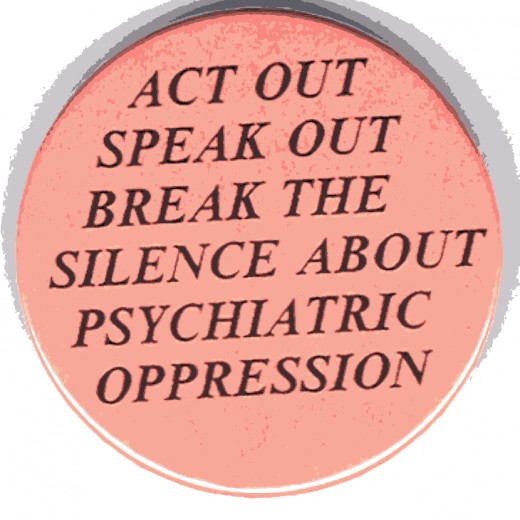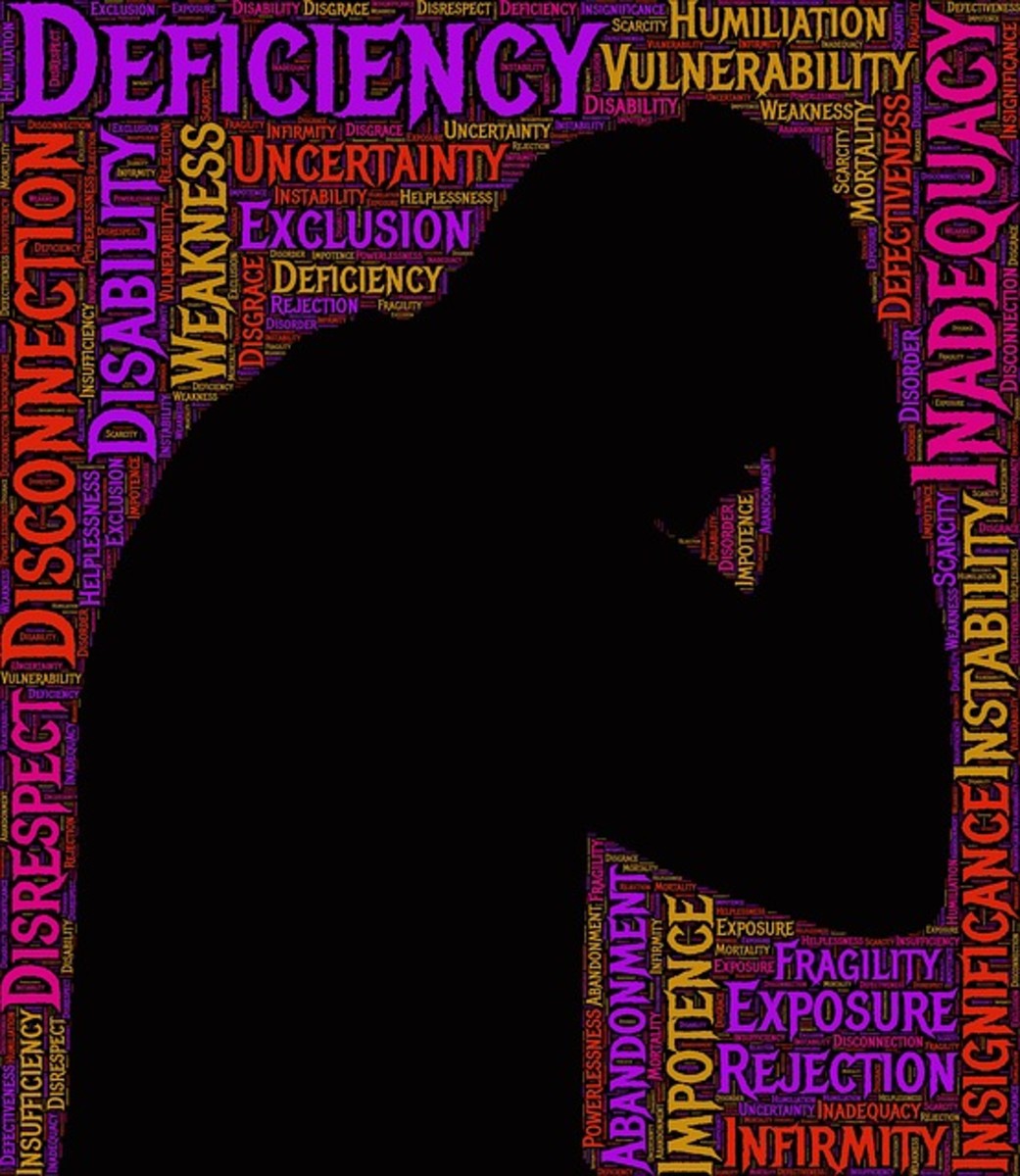Myths About Mental Illness, Get The Facts

Myths about mental illness made clear. The myths about mental illness are what keeps those who suffer in the closet.
Bipolar Disorder, Schizophrenia, Obsessive-Compulsive Disorder and other mental illness disorders can confuse and terrify those who misunderstand what mental illness is. Being truthful and straightforward about your mental illness can help other people better understand your mental illness. It can help others appreciate, respect, and defeat stigma that all to often comes along with mental illness. The fact is that, mental illness is a real brain disorder.
There are people who think bipolar disorder, schizophrenia, OCD and other brain/mood disorders are not real illnesses. Psychiatric disorders are true medical illnesses like heart disease and diabetes, brain and mood disorders are in fact real medical illnesses that have a biological and genetic cause as well as a physical cause. Mental illness disorders can be inherited from generation to generation. The good news is that mental illness is a very treatable condition.
Unfortunately mental illness is a lifelong disorder. It doesn't just go away as you get older. Often times it first appears in young adulthood or later in older adults. Another myth is that people with bipolar disorder or schizophrenia have violent and deranged tendencies. When in fact the statistics show that they are no less violent than the general population.
There are many successful psychiatric medications to treat bipolar disorder, OCD and schizophrenia. You can't just make a mental illness go away. Serious mental illness requires professional help, that may include a medication routine, psychotherapy combined with a plan for wellness. Medications like lithium, tegretol, seroquel, depakote, and lamictal can be very effective in treating mental illness. These medications are anti-psychotics, anti-depressants and mood stabilizers.
The good news is that with the right treatment plan, staying medication compliant, support from friends and family and regular therapy sessions people with a mental illness can thrive. Stability, good health and a well balanced life can be attainable. There are more treatment services and community based support systems available in your community. People with mental health issues can and do lead normal lives, with a proper treatment plan.
Depression does not make you week or lazy
It is caused by chemical changes in the brain. You might need cognitive therapy if you have been depressed for a long time, to help you develop manageable coping skills.A medication such as an anti-depressant can also be prescribed to help manage depression, always consult your doctor if depression persists for a long period of time. They can make referrals to a mental health facility or help with other treatment options.
Schizophrenia is not spilt personality. It is an illness that progressively affects people to not think clearly or logically. Schizophrenics often experience withdrawal from reality, delusions, hallucinations, bizarre behavior, and disorganized speech. This can include lack of motivation or interest, diminished cognitive functioning, and diminished emotional articulation. Schizophrenia is a very misunderstood mental illness .Schizophrenia is associated with an imbalance of the neurotransmitter dopamine in the brain and may have an underlying genetic cause.
It is normal for the elderly to become depressed. Unfortunately it often goes unrecognized because it isn't reported most of the time. Late-life depression affects about 6 million Americans age 65 and older, but only 10% receive treatment. Depression tends to last longer in elderly adults. It also doubles their risk of developing cardiac disease, reduces their ability to rehabilitate, and increases their risk of death from illness. The myth is that older adults are happy because they are near the retirement stage and have so much to look forward to, when in fact that is exactly what scares many seniors. Older adults have and do experience serious depression.
Children and teens can and do develop mental illnesses. 1 in 10 children and teens are affected by a mental disorder. During childhood the number of boys and girls affected are almost equal. In the teen years, twice as many girls as boys are diagnosed. Children with a family history of depression are at a greater risk of experiencing depression themselves. Children who have parents that suffer from depression tend to develop depression earlier than children whose parents do not. Children from chaotic or conflicted families, or children and teens who abuse substances like alcohol and drugs, are also at greater risk of depression.
People do however get better, the recovery process can begin with medications, therapy and positive treatment plans. You first need to recognize there is an illness and treatment options are available. There may be relapses, because treatment is not a cure, it is an ongoing process. With diligence and perseverance you can have wellness and productivity in your life.The myth that those affected with mental illness are not productive is just that, a myth.








